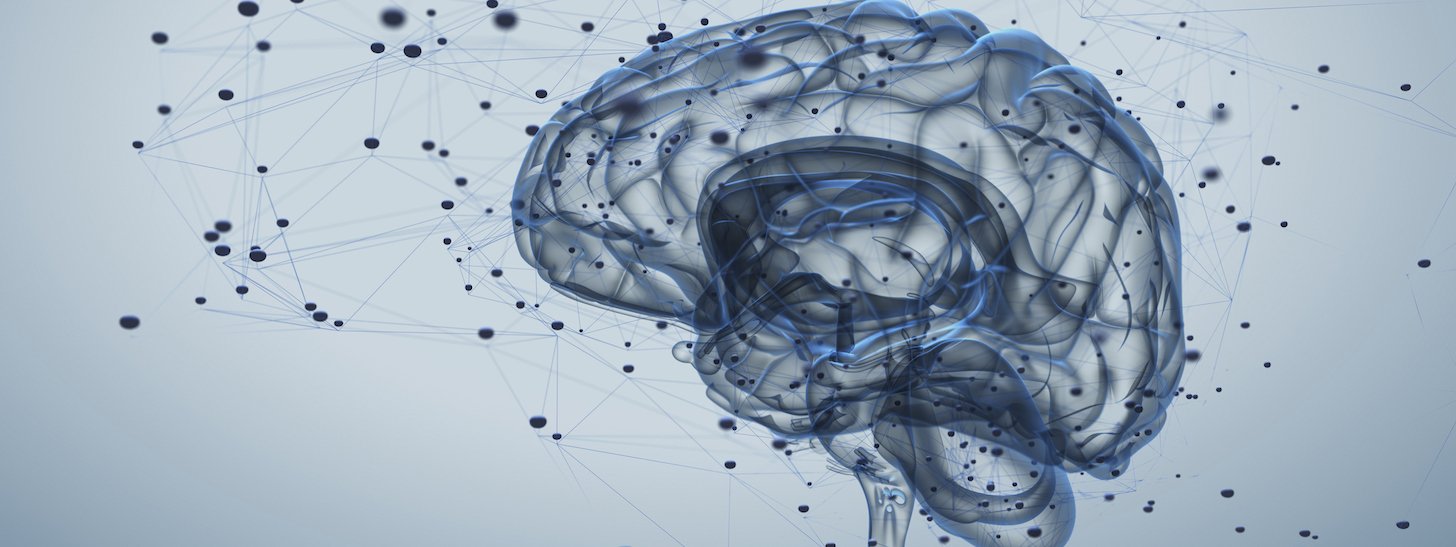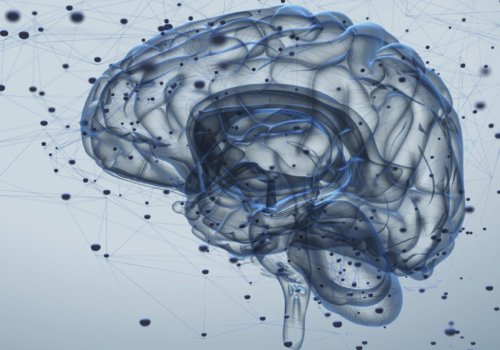
Infant Colic and Maternal Migraine Linked in New Study
A study published in Headache® shows that moms with migraine are more likely to have infants with colic, but more research is needed to find out why
The causes behind infant colic—excessive crying in an otherwise healthy infant—are not known despite the condition’s common nature. But Amy Gelfand, MD, FAHS, of the University of California at San Francisco and her colleagues found a link between maternal migraine and increased chances of infant colic.
“The hypothesis is that babies who inherit migraine genes from their mothers, their brains are wiring-up in a way that is more sensitive to all of the new stimuli that they experience once they are born,” Gelfand says of the study, which was published in Headache®. “If they have inherited migraine genes, they might be more likely to be overwhelmed by stimuli they perceive in an amplified way.”

Replicating Previous Results
Researchers previously conducted a study on migraine and infant colic. Gelfand and colleagues, however, sought to find if the association would hold in a repeated study with a larger sample. The researchers also hoped to determine if mothers with more frequent migraine were more likely to have babies with colic. They also aimed to see if the findings were similar for fathers.
Gelfand and colleagues researched the link between parental migraine and infant colic. They used a cross-sectional online survey study of biological parents with 4- to 8-week-olds in the U.S. Researchers studied data gathered between February and March 2017, as well as between October 2017 and April 2018.
Outcome
The two recruitment periods saw 1,715 surveys completed over two recruitment periods. The analysis set included 1,419 surveys, with 827 surveys completed by biological mothers and 592 by biological fathers.
Researchers found an association between maternal migraine and increased odds of infant colic. Among mothers with migraine, researchers linked headache frequency of at least 15 days per month with higher infant colic risk. There was also a borderline association between anxiety and infant colic, as well.
“In our first study we hadn’t measured things like maternal anxiety and depression,” Gelfand says. “I didn’t know if the association between migraine and colic would wash out once we adjusted for those factors. So that was an interesting finding, to see that, no, after adjusting for those factors it holds just as strongly.”
Gelfand and colleagues also noted that they did not find a link between paternal migraine and infant colic. They did, however, find an association between fathers with depression or anxiety and a greater likelihood of infant colic.
New Conclusions
While researchers predicted some of their findings from the outset, Gelfand notes that they did not necessarily expect these results.
“I expected to replicate our finding that mothers with migraine were more likely to have babies with colic,” she says. “But I also expected to see a relationship between paternal migraine and infant colic. It was surprising not to see that association. I’m not sure yet what explains that difference.”
Gelfand also highlights that mitochondrial genes only pass through the maternal line. This means it’s possible that genes associated with maternal migraine and infant colic could be mitochondrial. This is an area, however, that needs further study, she says. A baseline that constitutes a “normal” amount of crying also needs to be established.
“We need a better way to determine which babies have colic, and to measure how much babies cry,” Gelfand says. “We actually have a very rudimental understanding of how much normal babies cry at various ages. There are wonderful growth curves for how much babies are supposed to weigh or what their length is supposed to be. But we really don’t have that for crying.”
Researchers also said there needs to be additional research on what mechanisms underlie their findings. Until then, they advise clinicians to counsel parents with a maternal history of migraine about the increased possibility of infant colic. This includes equipping them with resources and education about infant crying.


